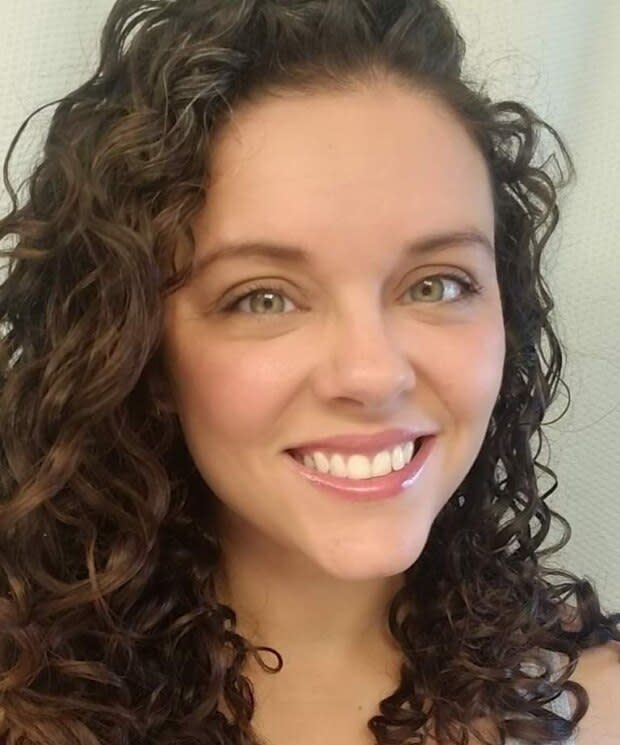Thousands of health workers, others, ineligible for 'essential workers' bonus
Brittany MacLean considers her work as a staffing clerk at the Cape Breton Regional Hospital to be essential.
However, the Nova Scotia government does not, at least when it comes to the program set up to compensate workers deemed essential during the pandemic.
"It's a slap in the face," she said, referring to the provincial government's decision to limit the up-to-$2,000 payout to workers who have provided hands-on care beginning mid-March.
"The people who have been here, who have been having an increased workload, and are coming into the building day in and day out, are getting no recognition for the commitment that they're providing to the communities," said MacLean.
She said she doesn't believe teamwork is being recognized.
"If you start plucking out pieces from this system, the system's going to fall apart, and I don't think they realize that's how this works."
Money mostly from federal government
The Essential Health Care Worker Program is administered by the province with money coming mostly from the federal government.
According to the Nova Scotia Health Department: "The Federal Government committed to funding $71.3M towards the Essential Workers Payment with a commitment of $9.9M by the Province."
Although the federal funding was received in June, most of the money will not be disbursed until the fall.
Those eligible for the money include:
Hospital staff involved in direct contact with patients or their families.
Long-term care home staff involved in direct care, such as nurses, continuing care assistants, program support staff ,housekeeping, food service, maintenance workers who had frequent contact with residents.
Publicly funded home support and home care agencies, home support workers and home care workers.
Publicly funded disability support program residential front-line staff.
Paramedics/Dispatchers.
811 tele-health associates, nurses, counsellors.
transition house employees working with residents.
shelters/pop-up shelter staff working with clients.
When the program was announced by Prime Minister Justin Trudeau on May 7, he suggested a much broader definition of an essential worker.
At the time he said the money should go to "Canadians who are providing us with essential services so we can continue to keep our families safe and healthy."
Collaborative effort
The prime minister called it a collaboration between Ottawa and the provinces.
"It will be up to each province and territory to determine who exactly qualifies for this wage increase, but the bottom line is this, if you're risking your health to keep this country moving and you're making minimum wage, you deserve a raise," he said.

New Brunswick and P.E.I. have crafted their programs more in line with Trudeau's focus on those who earn low to modest incomes.
Workers must earn $18 per hour or less to be eligible for the money in New Brunswick but the top-up is also available to people who work in early learning and child-care facilities.
Prince Edward Islanders deemed essential must have an hourly wage of $18.75 or less to qualify, but that province recognizes a broad sweep of essential employees, including people who work at banks, pharmacies or supermarkets and grocery stores.
Concern for those who need money most
MacLean, who is also a shop steward for the Canadian Union of Public Employees, was also disappointed the Nova Scotia government chose not to focus on employees who need the extra money most.
"You've got people who are at the higher end of wages in the building getting this top-up while there's other people in the building who they're deeming non-essential who are on the lower end of the pay scale."
MacLean made the point she had no beef with her employer, but was disappointed with the provincial government.
The Nova Scotia Health Authority, in a memo to employees this week noted: "The Essential Health Care Worker Program will see employees working on the front line of health care receive $500 per month worked for each month worked, over a four-month period beginning March 13, 2020."
According to NSHA spokesperson Brendan Elliott, roughly 15,000 of the authority's more than 23,000 workers may be eligible for the top-up which is expected to be included in the first pay in October.
MORE TOP STORIES

